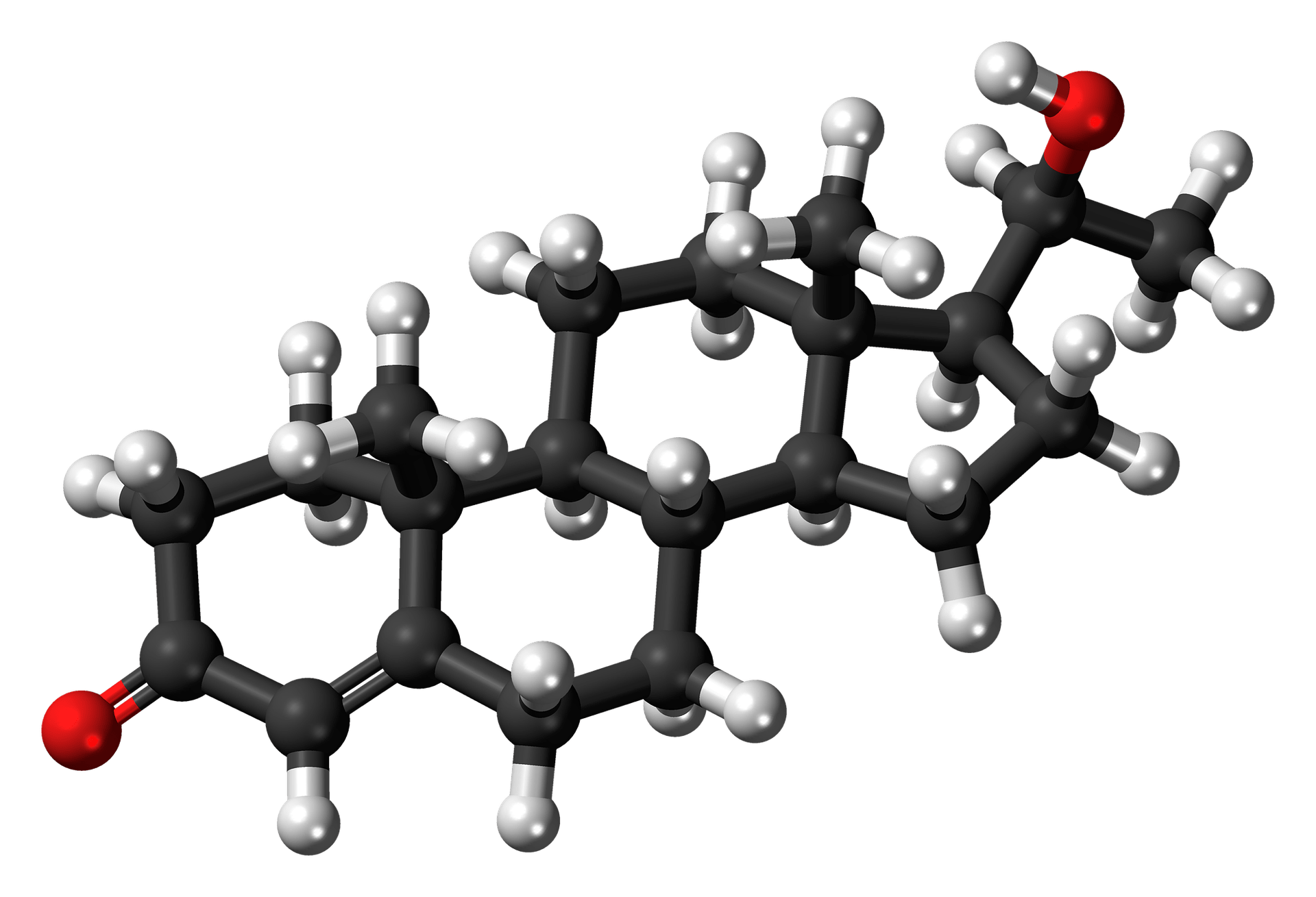Anabolic steroids have a long history of use in sports and bodybuilding. They were first synthesized in the 1930s and quickly became popular among athletes seeking to improve their performance. However, using anabolic steroids has been linked to severe health problems, including liver damage, cardiovascular disease, and cancer. This article will explore the importance of regulating anabolic steroid use for public health reasons, examine the current regulatory landscape, and consider potential future approaches.
The use of anabolic steroids in sports and bodybuilding has a long and controversial history. While they were initially developed to treat medical conditions, such as delayed puberty and muscle wasting, they quickly became popular among athletes seeking to enhance their performance. Anabolic steroids are synthetic variations of the hormone testosterone, responsible for muscle growth and development.
Unfortunately, the misuse of anabolic steroids has been linked to several serious health problems. These include liver damage, cardiovascular disease, and cancer. Moreover, there is evidence that anabolic steroids can adversely affect mood and behavior, leading to increased aggression and irritability. Given these risks, regulating anabolic steroid use is essential to protect public health.
Current anabolic steroid regulations
In many countries, anabolic steroids are classified as controlled substances subject to strict regulations. For example, anabolic steroids are classified as Schedule III drugs under the Controlled Substances Act in the United States. This means they have a moderate to low potential for abuse and dependence.
However, there are concerns that current regulations may not be sufficient to protect public health. One issue is that anabolic steroids are often sold illegally through the black market or online suppliers. This makes it challenging to monitor and regulate their use.
Another issue is that some athletes may be able to obtain anabolic steroids legally, either through a prescription or by purchasing them from a doctor. This raises concerns about the abuse of prescription drugs and the potential for doctors to prescribe anabolic steroids inappropriately.
The Future of anabolic steroid regulation
Given these concerns, there is a need for more effective regulation of anabolic steroids. One potential approach is to increase the penalties for illegal possession and distribution of anabolic steroids. This could deter athletes from using them and make it more difficult for suppliers to operate.
Another approach is to require athletes to undergo regular testing for anabolic steroids, both in and out of competition. This could help identify athletes using steroids and deter others from doing so. However, there are concerns about the cost and feasibility of such a program and the potential for false positives and other issues.
A third approach is to focus on education and prevention rather than punishment. This could involve educating athletes about the risks of anabolic steroid use and providing alternative methods for improving their performance. However, there is a risk that some athletes may continue to use steroids despite the risks.
Buy anabolic steroid in the UK
It is important to understand that anabolic steroids are a controlled substance and are regulated by law in the UK for a reason. They have been associated with numerous adverse effects, including liver damage, cardiovascular disease, mood disorders, and hormonal imbalances. Therefore, the use of these substances should only be considered under the guidance and supervision of a qualified healthcare professional.
Instead of relying on illegal and potentially harmful means to achieve your fitness goals, it is crucial to focus on safe and legal alternatives, such as healthy eating, regular exercise, and rest and recovery. These are essential for building a strong, healthy, and sustainable foundation for your fitness journey. Always prioritize your health and wellbeing, and never compromise them for short-term gains.
Balancing athlete health and performance
One of the critical challenges in regulating anabolic steroids is balancing the need to protect athlete health with the desire to improve performance. Anabolic steroids have been shown to enhance muscle growth and improve strength, giving athletes a competitive advantage. However, they can also have serious health consequences, as noted above.
Current regulations attempt to balance these concerns by limiting the use of anabolic steroids for medical purposes and prohibiting their use in sports. However, there are concerns that these regulations may not be effective. For example, some athletes may be able to obtain anabolic steroids legally, either through a prescription or by purchasing them from a doctor.
Future regulations will need to consider both the health risks of anabolic steroids and the desire of athletes to improve their performance. One possible approach is to allow athletes to use steroids under strict medical supervision to minimize the risks while still allowing them to benefit from the performance-enhancing effects.
However, this approach is controversial. It could create a situation where athletes who can afford to obtain steroids legally and under medical supervision have an advantage over those who cannot. Additionally, there is a risk that athletes may use steroids outside of a medical setting, even if they are not permitted to do so.
Another approach is to develop alternative methods for improving performance that do not carry the same health risks as anabolic steroids. For example, some athletes may benefit from training programs focusing on strength and conditioning or nutritional supplements known to enhance performance without the same risks as steroids.
Conclusion
using anabolic steroids in sports and bodybuilding is a complex issue that requires careful regulation to protect public health. While current regulations attempt to limit the use of steroids for medical purposes, there are concerns that they may not be effective in practice. Future regulations will need to consider both the health risks of anabolic steroids and the desire of athletes to improve their performance.
To ensure that public health is protected, policymakers must prioritize the development of effective and comprehensive regulatory frameworks that can prevent the illegal use of anabolic steroids and reduce the risks to athletes who use them. By regulating anabolic steroids, we can help promote fair competition, protect athlete health, and maintain the integrity of sports and bodybuilding as a whole.
FAQ
Q: What are anabolic steroids, and why are they used in sports and bodybuilding?
A: Anabolic steroids are synthetic hormones that are designed to mimic the effects of testosterone in the body. Athletes and bodybuilders often use them to enhance muscle mass, strength, and athletic performance.
Q: Why is regulating anabolic steroid use important for public health reasons?
A: Anabolic steroid use has been linked to various health problems, including liver damage, cardiovascular disease, and psychiatric disorders. By regulating the use of anabolic steroids, policymakers can help to protect public health and prevent the harmful effects of these substances.
Q: What are the current regulatory approaches for anabolic steroids?
A: Currently, most countries have laws that prohibit using anabolic steroids except for medical purposes. However, there are concerns that these laws may not be effective in practice, as many athletes and bodybuilders continue to use steroids illegally.
Q: How well are current regulations serving public health interests?
A: There is debate over how well current regulations serve public health interests, with some experts arguing that they are insufficient to prevent the harms associated with anabolic steroid use. Others believe that existing laws strike an appropriate balance between athlete autonomy and public health concerns.
Q: What are the potential future regulatory approaches for anabolic steroids?
A: Potential future regulatory approaches include legalizing and regulating anabolic steroids under strict medical supervision, developing alternative methods for improving performance that does not carry the same health risks as steroids, or strengthening existing laws to reduce the availability of these substances.
Q: How might each potential regulatory approach impact public health?
A: Each potential regulatory approach has advantages and disadvantages for public health. Legalizing and regulating anabolic steroids could reduce the harms associated with illegal use, but it could also lead to increased steroid use among athletes. Developing alternative methods for improving performance could reduce the health risks associated with steroid use but may not be as effective at enhancing performance. Strengthening existing laws could help to reduce the availability of steroids but may not be effective in preventing their use.
Q: How do anabolic steroids impact athlete health, and how do current regulations affect athlete performance?
A: Anabolic steroids have been linked to various health problems, including liver damage, cardiovascular disease, and psychiatric disorders. Current regulations are designed to prevent the illegal use of steroids and protect athlete health. Still, some argue that they may also limit athlete autonomy and prevent athletes from using performance-enhancing substances that could improve their performance.
Q: How might future regulations balance athlete health and performance concerns?
A: Future regulations must balance protecting athlete health and allowing athletes to use performance-enhancing substances to improve their performance. This may involve developing alternative methods for improving performance that does not carry the same health risks as steroids, legalizing and regulating the use of steroids under strict medical supervision, or strengthening existing laws to reduce the availability of these substances.
Q: What is the call to action for policymakers?
A: Policymakers must prioritize public health in their anabolic steroid regulatory efforts and develop effective and comprehensive regulatory frameworks that can prevent the illegal use of steroids and reduce the risks to athletes who use them. By regulating anabolic steroids, policymakers can help promote fair competition, protect athlete health, and maintain the integrity of sports and bodybuilding as a whole.
Author

Dr. Aditya K. Sharma
I am Dr. Aditya Sharma, a dedicated urologist specializing in kidney transplants and advanced urological surgeries. My career is driven by a passion for delivering exceptional care and pioneering surgical techniques. Outside the operating room, I have a keen interest in studying the effects of anabolic steroids on bodybuilding, seeking to understand the fine line between enhancing performance and maintaining health.







